Ex-Bristol student unable to read at 13 now studying for PhD
- Published
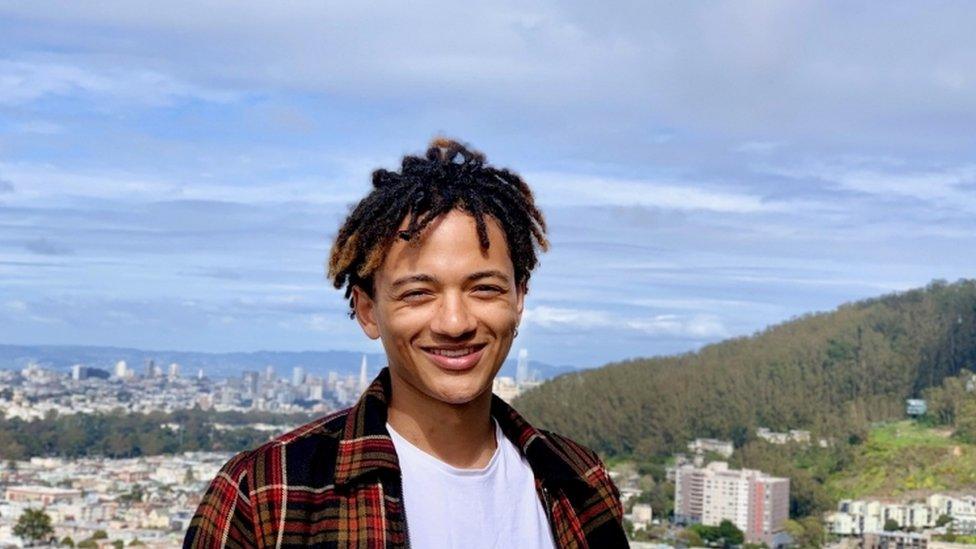
William Carter says learning to read made him "more intelligible to the world"
A student who could not read until he was aged 13 has graduated from university with a first class degree and is now studying for a PhD.
William Carter, 22, has severe dyslexia and dyspraxia and was mocked because he could not read at primary school.
His grades improved rapidly after his dyslexia was diagnosed.
Mr Carter achieved a degree in politics and international relations from the University of Bristol and is now studying in the United States.
"Learning how to read and write made the world more intelligible to me and, ultimately, made me more intelligible to the world," he said.
"Fundamentally, dyslexia made me who I am today."
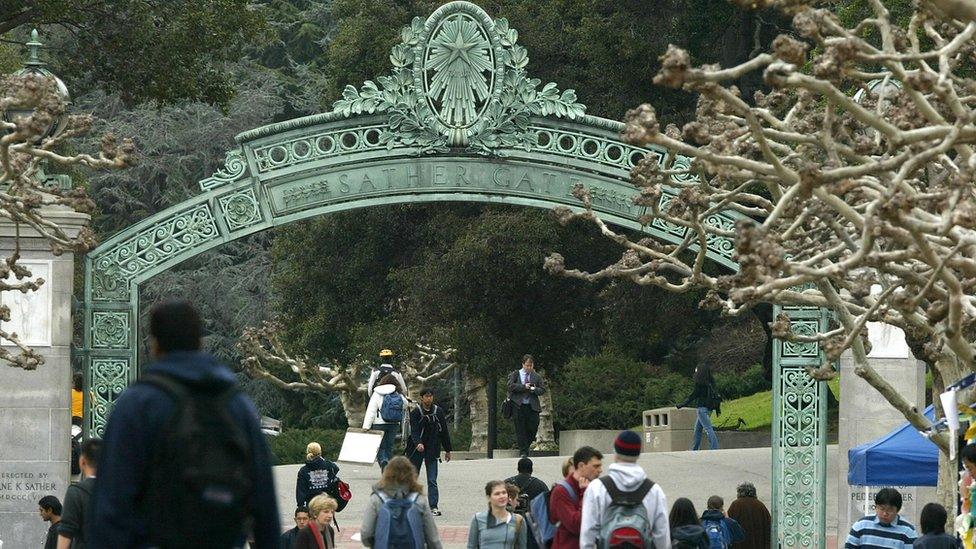
Mr Carter is now studying for a PhD at the University of California, Berkeley
Mr Carter, from Southwark, south London, has been awarded the London Schools and the Black Child outstanding achievement award.
He hopes to become a professor of political theory and black geographies, and then go into politics to change "a system in disrepair".
"The fact that I, through luck and the support of others, 'made it' in spite of social-economic barriers shouldn't justify our system and society," Mr Carter said.
"I think above all, being an underrepresented demographic has made me aware of one thing.
"When you are really struggling you are a problem, or rather part of the 'rule', whereas when you have made it you are an inspiration, or 'an exception to the rule'."
Mr Carter is studying for a PhD in political geography at the University of California, Berkeley, where he received a prestigious Fulbright Scholarship.
His work there includes the origins of racialisation in the trans-Atlantic slave trade.
While at Bristol, Mr Carter and his academic adviser Jonathan Floyd started an initiative, to get political theory taught more widely in UK secondary schools, which they hope to launch soon.

Follow BBC West on Facebook, external, Twitter, external and Instagram, external. Send your story ideas to: bristol@bbc.co.uk , external
- Published25 October 2019
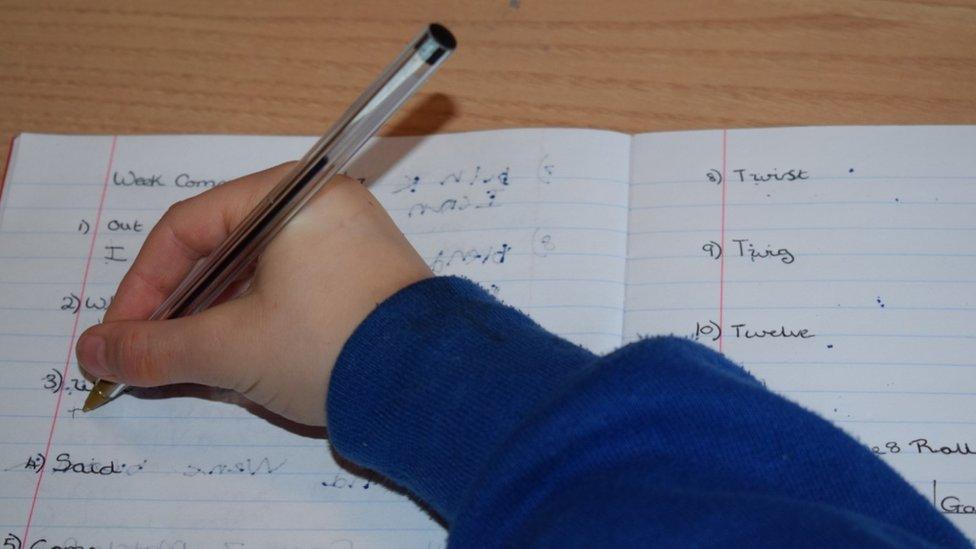
- Published2 October 2020
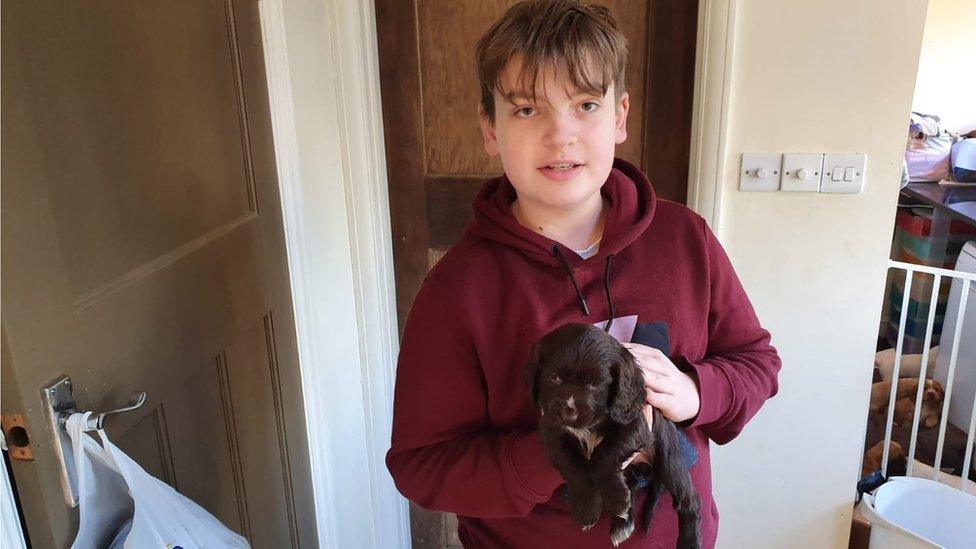
- Published19 September 2020
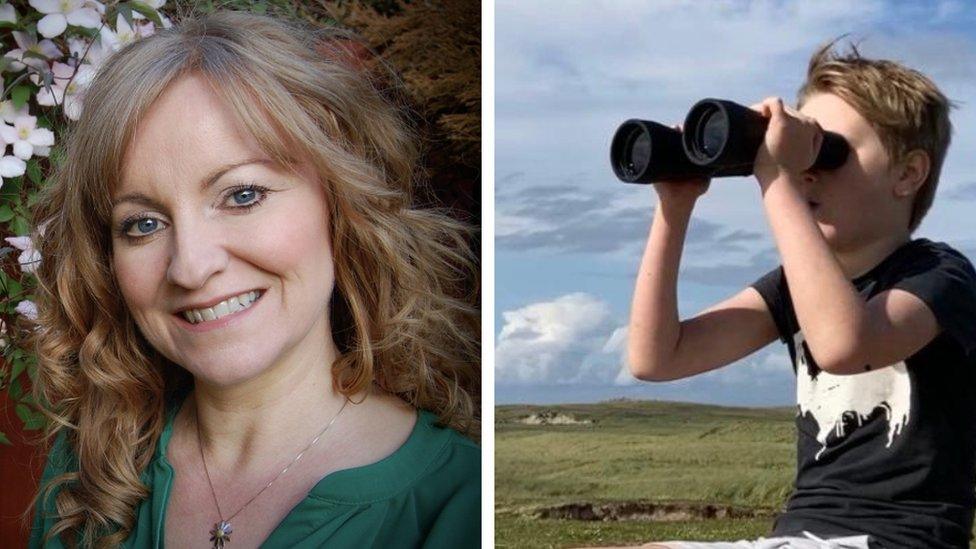
- Published28 October 2019
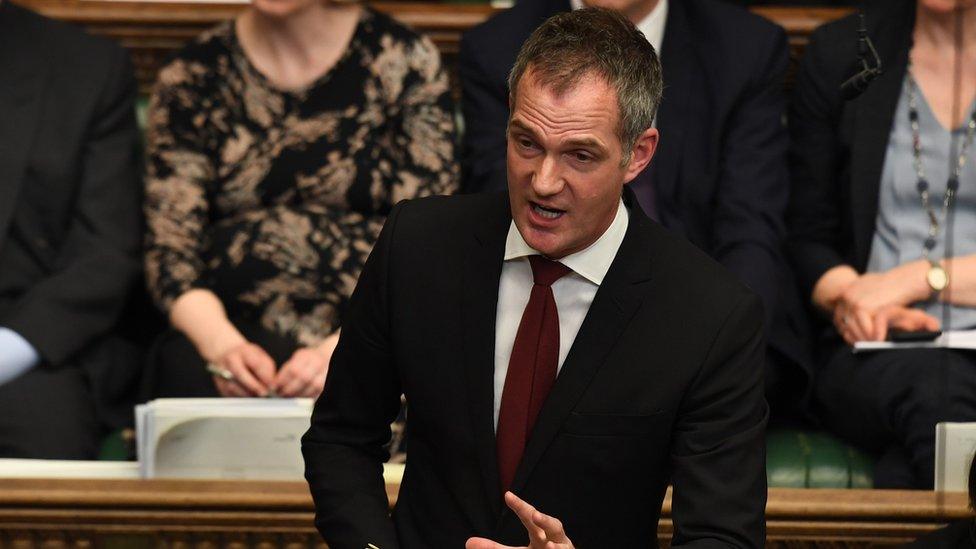
- Published10 July 2020

- Published25 April 2019
